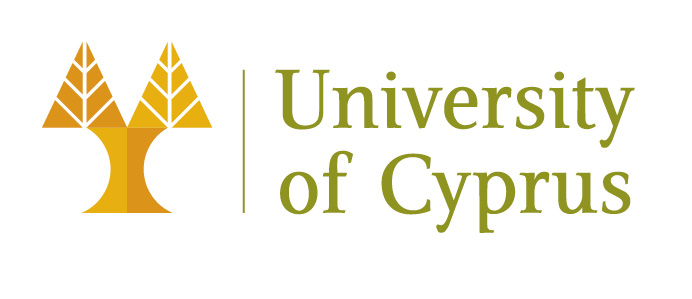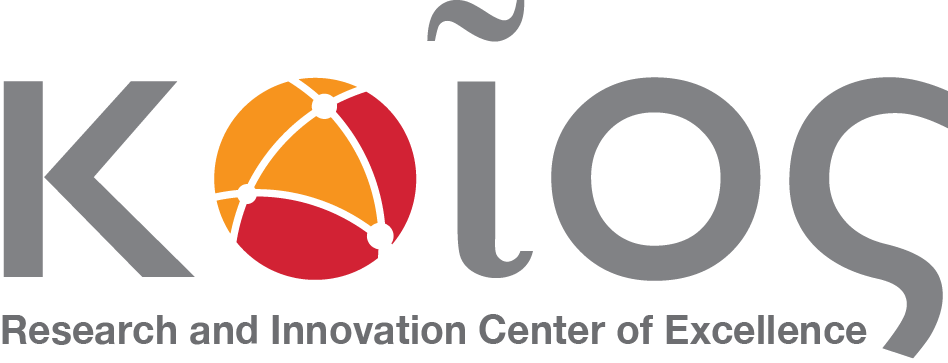
The Directorate of Medical and Public Health Services (MPHS)
The Directorate of Medical and Public Health Services (MPHS) of the Ministry of Health plays a central role in disease surveillance in Cyprus. As the competent authority of the Republic of Cyprus on this matter, it acts as the main beneficiary of the CY-ESM project. The Medical and Public Health Services (MPHS) comprise two key units involved in surveillance activities:
1. The Unit for Epidemiological Surveillance and Control of Communicable Diseases (UESCCD):
This Unit is responsible for the continuous and systematic monitoring, detection, and recording of notifiable communicable diseases, as well as for their prevention and containment in the areas controlled by the Republic of Cyprus through targeted interventions. It is also tasked with the early detection of emerging and re-emerging communicable diseases occurring in Cyprus and the rapid preparedness and immediate response to such threats.
2. The Hygiene Services (HS):
The Hygiene Services oversee, among other duties, vector surveillance (e.g., mosquitoes) and include the Medical Entomology Laboratory of the Republic of Cyprus (MELC). The primary focus of MELC is surveillance, monitoring, prevention, and control of invasive mosquito species and emerging mosquito-borne diseases.
In addition to these internal units, the Ministry of Health oversees vital external entities that could help enhance the surveillance network and facilitate the use of electronic health records data. Among them are:
- The Health Insurance Organization (HIO), the primary health insurer in Cyprus following the introduction of the General (universal) Healthcare System (GESY).
- The State Health Services Organization (SHSO), which manages the hospitals in the public sector participating in GESY.
These collaborative endeavours are essential for establishing a sustainable, resilient, and effective disease surveillance framework in Cyprus.


The University of Cyprus (UCY)
The University of Cyprus (UCY) stands as the largest state university in Cyprus, achieving commendable rankings on the international academic stage relative to the country’s size. UCY aspires to position itself as a pioneering research institution, garnering international scientific acclaim, offering competitive programs, and attaining excellence in the broader Euro-Mediterranean Region. Within UCY, the Medical School serves as a focal point for medical education and research. Notably, it houses a dedicated lab for Medical Statistics, Epidemiology, and Public Health. The Head of the lab (one of the two CY-ESM Coordinators), along with other faculty members, possess extensive expertise in infectious diseases, surveillance, epidemiology, public health, and the training of both students and professionals. The KIOS Research and Innovation Center of Excellence (CoE) is the largest research unit of the University of Cyprus and a leading center for research and innovation in Cyprus in the field of Information and Communication Technologies (ICT). Since its establishment in 2008, the Centre has experienced unprecedented growth, which led to its significant upgrade to a European Centre of Excellence for Research and Innovation in 2017, through the EU’s strategic Horizon 2020 Teaming program. The Centre collaborates strategically with Imperial College London, as well as with a significant number of academic and research institutions, industrial and public organizations, and companies both in Cyprus and abroad.

The Ministry of Agriculture, Rural Development, and Environment
The Ministry of Agriculture, Rural Development, and Environment (MoA) aims at promoting sustainable development for agriculture and fishing, while contributing to environmental protection and sustainable management of both the environment and Cyprus’ natural resources through projects, initiatives, and actions. The Directorate of Veterinary Services is responsible for the surveillance of animal health, zoonotic infections, and vector activities associated with human and animal diseases. Specifically, the State Veterinary Laboratories’ mission is to assure the state and its citizens for the reliable and qualitative testing of samples derived from animals or food of animal origin for diseases with impact on agricultural economy, public health, and animal health and welfare.
